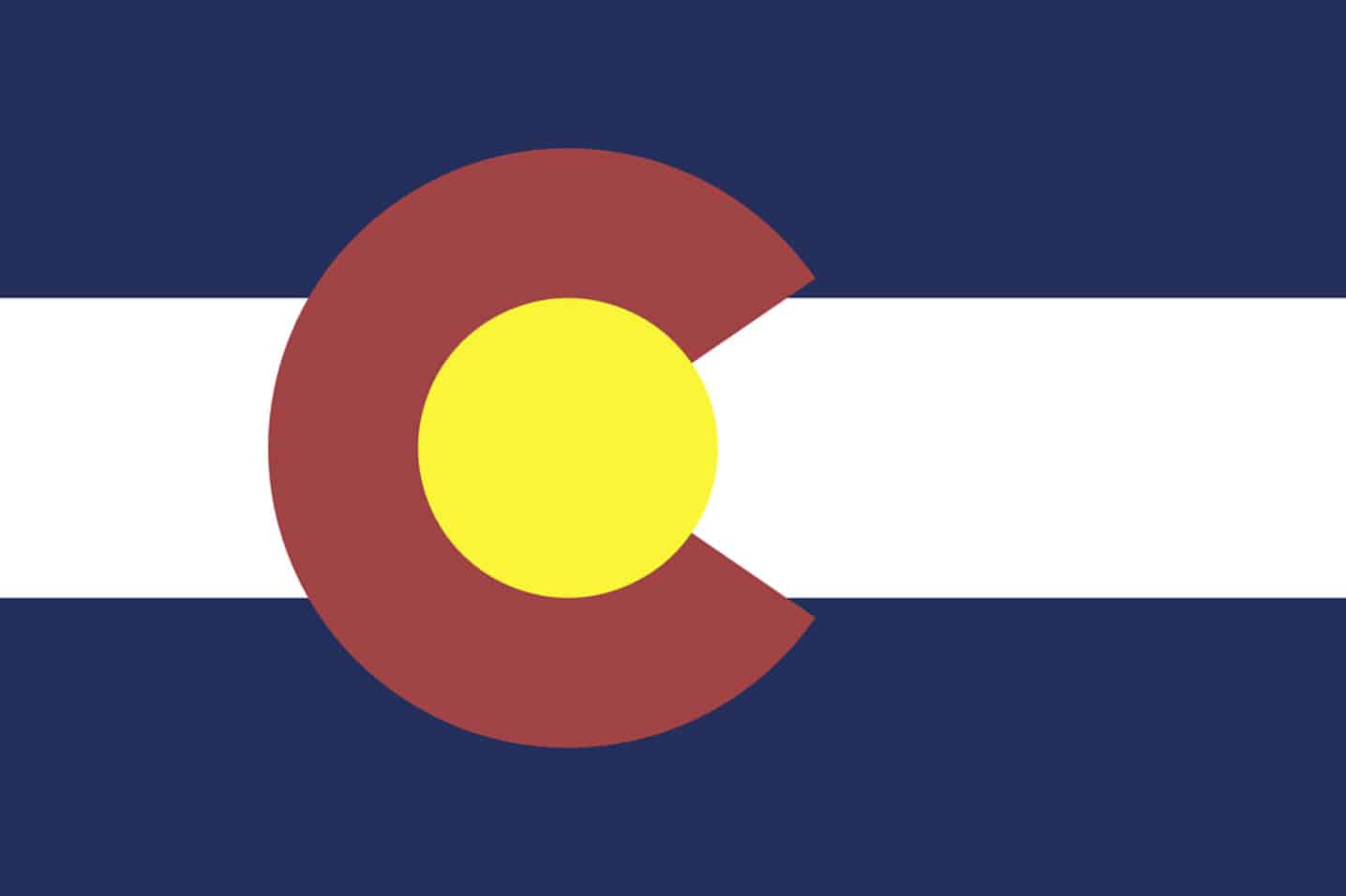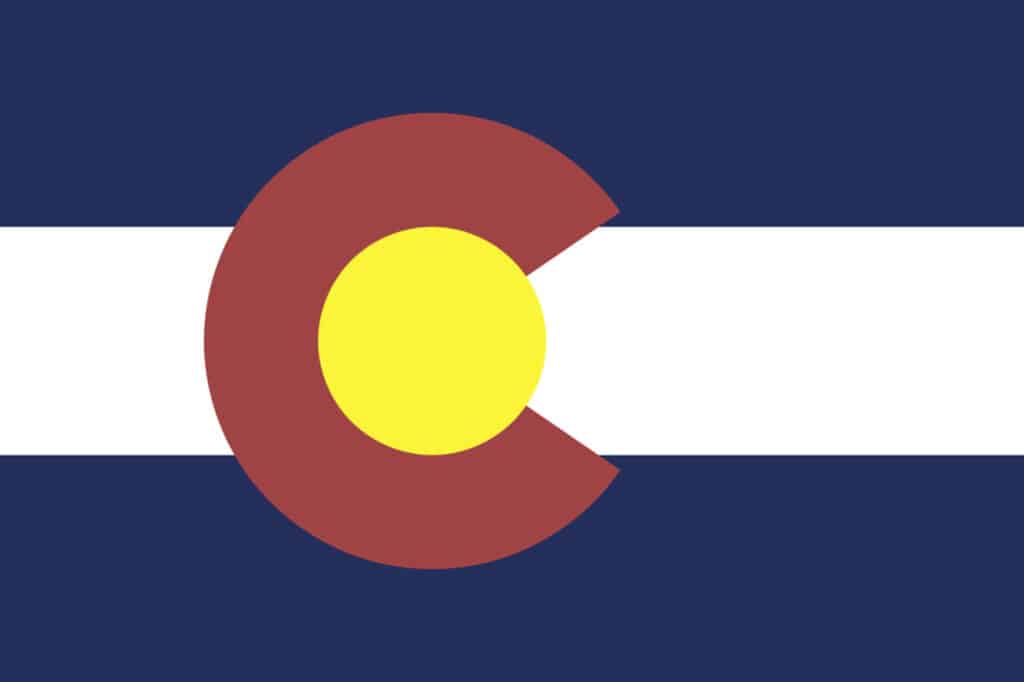Physical Address
304 North Cardinal St.
Dorchester Center, MA 02124
Physical Address
304 North Cardinal St.
Dorchester Center, MA 02124


Divorce is a life-altering event, and understanding the specifics in your state is key. This page offers a helpful overview of the divorce process in Colorado. For more detailed resources and links, you’re in the right place.
Colorado operates on a no-fault divorce basis, meaning the only ground is the “irretrievable breakdown” of the marriage. To file for divorce in Colorado, you or your spouse must have lived in the state for at least 91 days before filing.
Colorado also requires a 91-day waiting period from the time the divorce papers are filed and served until the divorce can be finalized, which is a unique aspect compared to some states.
In Colorado, you start the divorce process by filing a “Petition for Dissolution of Marriage” in the district court in your county. After filing, these papers must be served to your spouse. Colorado requires specific forms for this.
If both spouses agree on divorce terms, an uncontested divorce is possible. In contested cases, where there are disagreements, additional steps like mediation or court hearings may be necessary.
Child custody in Colorado is determined based on the best interests of the child, considering factors like the child’s relationship with each parent and each parent’s ability to provide care.
Child support is calculated using Colorado’s guidelines, which consider both parents’ income and the number of children, ensuring a fair support system that may differ from other states.
In Colorado, alimony, known as “spousal maintenance,” is not automatic. Courts look at factors such as the length of the marriage, each spouse’s financial resources, and their ability to earn.
The goal is to provide fair support, particularly in cases of long-term marriages or where there’s a significant difference in earning capacities.
Colorado is an equitable distribution state for dividing marital property. This means that property acquired during the marriage is divided fairly, though not always equally. Factors like each spouse’s contribution to the marriage and their future financial needs are considered.
For more information on divorce in Colorado, check out resources like Colorado Family Law Courts, state government websites, and legal aid organizations. These resources provide comprehensive assistance for your divorce process.
Article: How Much Does a Divorce Cost in Colorado
Divorce with minor children:
Divorce without minor children:
Additional forms (may be required depending on your situation):
Resources:
This content is for general guidance and is not legal advice. For specific legal advice, consult a legal professional.